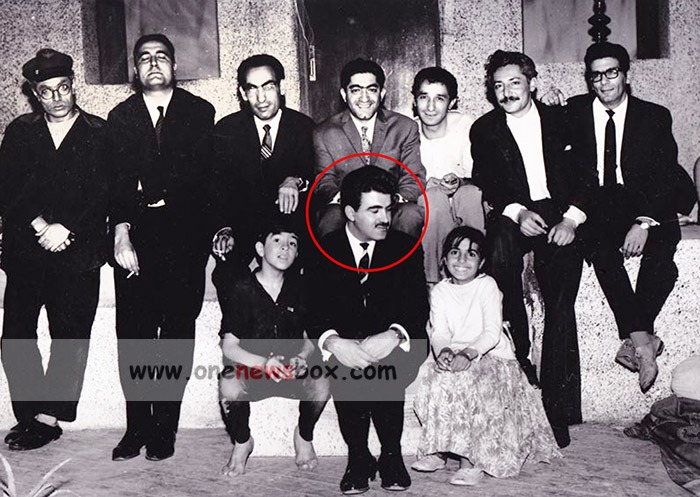Post-Revolution Disillusionment
The Iranian Revolution of 1979 brought significant political changes, and like many intellectuals, Saedi initially hoped it would lead to greater freedom. He actively engaged in the cultural and intellectual movements of the time and attended the only meeting between members of the Iranian Writers’ Association and Ayatollah Khomeini. However, this meeting would prove to be a turning point in his disillusionment with the revolution’s trajectory.
In an article titled Meeting with the Crocodile, Saedi recounted the encounter with Khomeini. The writers, hoping to advocate for freedom of expression and oppose censorship, were met with Khomeini’s stark proclamation: “You have to write only about Islam. Islam is important!” Saedi and his peers realized that the new regime, much like its predecessor, sought to stifle creative expression and impose ideological constraints on art and literature. This moment cemented Saedi’s alienation from the revolution he once supported, as he saw the same authoritarian tendencies manifest under a different guise.
Exile and Final Years in Paris
By 1982, the totalitarian nature of the Islamic Republic forced Saedi into exile. He settled in Paris, a city that became a sanctuary for many Iranian intellectuals and dissidents. Although Saedi continued to write and create, his exile was a period of profound sadness and longing for his homeland. In France, he wrote the play Othello in Wonderland, a work that showcased his enduring talent and his ability to blend literary tradition with contemporary themes of disillusionment and exile.

